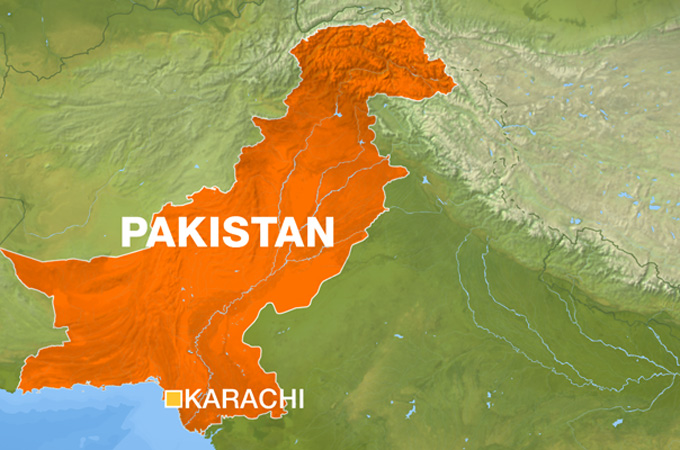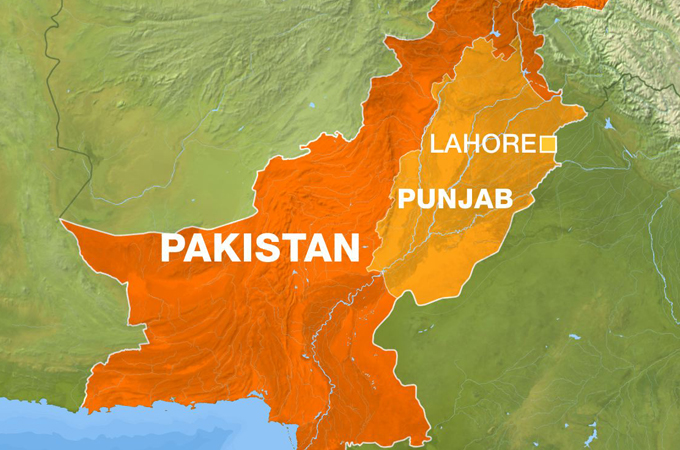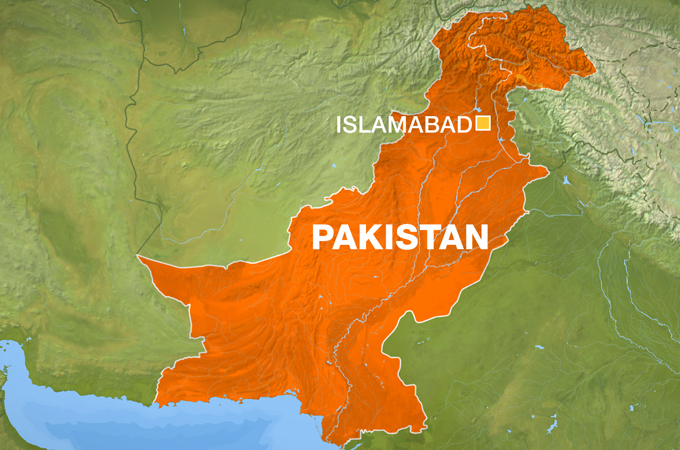Analysis: Pakistan poll draws to a close
Al Jazeera correspondents give their final analysis of an election in which violence failed to dampen voters’ spirits.

Pakistan – Bombings, shootings, killings and kidnappings were not enough to stop millions of voters from heading to the polls across the country. After an election season marked by such violence, Nawaz Sharif – the 63-year-old leader of the centre-right Pakistan Muslim League-Nawaz – is poised to serve a third term as Pakistan’s prime minister.
The former steel magnate, deposed from office in a military coup in 1999, was in talks on Sunday to form a coalition that would return him to power.
Al Jazeera’s correspondents have been criss-crossing the country in recent weeks, as they covered the landmark poll. Here, they share their reaction and analysis, as the dust settles on a most turbulent election.
| Kamal Hyder, Peshawar |
 |
“The PTI has emerged as the largest party in the KPK, but will that be enough to rule the province?
“Weeks before Pakistan’s general elections, the Tehreek-e-Taliban Pakistan issued pamphlets warning people not to participate in the polls, deeming them “un-Islamic”. And it was no empty threat, as the TTP targeted candidates because of their past affiliation with the Pakistan People’s Party-led coalition government.
“With a tense atmosphere, political campaigns here became a security nightmare. But the outgoing ANP, which became the favourite target of the TTP, had already disappointed the people of the province after poor governance, high levels of corruption, nepotism and a major collapse of the province’s security-administrative authority. With rising unemployment and poverty, the people of the frontier were already eager for change.
“One party that promised them just that was Imran Khan’s PTI, or Pakistan Justice Party. The former cricketing hero toured the province and held large rallies, despite the security threats – and even travelled to the tribal areas, where he promised the people to deliver good governance if he got their votes. Khan’s PTI won the hearts and minds of the people of the province so desperate for honest leadership and a promise to make the dream of change a reality.
“This war stricken province has been in a perpetual state of conflict since the US-led invasion of Afghanistan more than a decade ago. Millions of its people were displaced by the ongoing military operations to flush out the Taliban and pro al-Qaeda elements from the border regions of the Federally Administered Tribal Areas along the Afghan border.
“Khan’s opposition to US drone strikes, and his pledge to withdraw from the alliance with the US won him huge points with the the people of this region. He was the first to organise a sit-in protest, and blocked the road for NATO and US supplies for the war effort in Afghanistan. As such, it came as no surprise to see the PTI emerge as the single largest party in KPK provincial elections, as well as winning seats in the National Assembly. However, the province did not give Khan the simple majority he sought to go it alone – raising the possibility of an alliance with like-minded parties to secure the province.
“Even through the PTI was visibly disappointed with the result, it was satisfied to have become an emergent force in KPK. The road ahead is still not clear, and no-one knows if PTI will secure the alliances necessary to give it the mandate to rule the province.”
| Imran Khan, Karachi |
 |
“Karachi is not a city that saw celebrations out on the streets. On election day, violence ripped through the city. Three bombs killed 13 people. Pitched gun battles in some neighbourhoods saw residents trapped inside their homes in fear. Two political candidates were kidnapped, but there’s no official confirmation on where they are.
“The Pakistani Taliban made good on their threat of disrupting the election by targeting the three main parties here – the PPP, the ANP and the MQM. The reason? The Taliban say they are not Islamic enough.
“The safety concerns were such that Karachi didn’t have a traditional election campaign: no rallies in the street, no political set pieces. But that didn’t stop the election from happening. On election day, the queues at the polling stations formed before they even opened. Karachi came out to vote, and in big numbers.
“Then, when the polls closed, the allegations of vote-rigging and intimidation began to surface. The election commission of Pakistan announced parts of Karachi’s polling was not free and fair. Some polls will have to be recast. Karachi didn’t celebrate on the streets like Lahore or Islamabad. But it did partake in this historic event.
“And now? The election may be over, but in Karachi there’s plenty of polling still do, and plenty of political dealmaking.”
| Imtiaz Tyab, Lahore |
 |
“We spent election day at a polling station in the heart of Lahore. The neighbourhood, Samnabad, is largely middle-class and has, for years, supported Nawaz Sharif’s Pakistan Muslim League-Nawaz party.
“But as voters queued to cast their ballot, much of the chatter was about the Pakistan Tehreek-e-Insaf party, led by the former cricketer Imran Khan. Many voters, young and old, told us they were ready for change, and that Khan was it.
“Yet after polls closed and results started to trickle in, it was clear Sharif’s PML-N would win the riding’s seat in the National Assembly yet again.
“I was expecting to encounter many disappointed voters. Instead, I found people of all political stripes in the streets dancing and cheerfully shouting political slogans. I asked a young man wearing an Imran Khan T-shirt why he was so happy. He told me although PTI didn’t win that night, democracy did, and that was something worth celebrating.”
| Asad Hashim, Lahore |
 |
“No-one in Lahore expected this election to be quite this closely fought – and the relief among PML-N supporters was palpable as results began to come in, painting a picture that puts the party firmly in the lead to form the next national government, and cements its place as the leading party in the Punjab assembly.
“Last night, supporters held celebration rallies into the early hours of the morning, driving around Lahore, the provincial capital, shouting, cheering, waving flags and singing along with their car stereos as they played the PML-N’s election anthems.
“Among PTI supporters, the mood has been more sombre. Imran Khan’s ‘change-makers’ have done well for a party that was running its first truly national election campaign. But the reality that the party won only around 30 seats in the national assembly is quite at odds with the vision of a ‘New Pakistan’ that Khan promised to usher in on May 12.”
| Mike Hanna, Islamabad |
 |
“While there are more than 100 registered political parties in Pakistan, traditionally there have been only two real contenders on the national stage: Nawaz Sharif’s Pakistan Muslim League (PML-N) and the Pakistan People’s Party have alternatively dominated in every government since the early 1990s.
“But a third force has now emerged – Imran Khan’s Movement for Justice (PTI) only came in second in the polls, but it was a staggering success for Pakistan’s newest party.
“Untouched by the grime accumulated by the more established political movements, the PTI attracted a substantial portion of the younger electorate, including millions who had never voted before.
“The PTI also set an agenda based on substantive issues such as the economy and corruption, attempting to break up a system based on clan ideology, in which family and other interest groups made political choices rather than individuals.
“The former international cricketer has fundamentally changed the way the game of politics is played.”